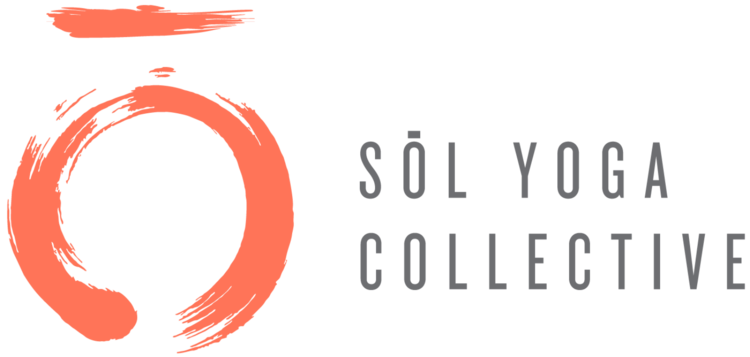Mahatma Gandhi once said, “Nonviolence is our greatest walk of life.” Most of us recognize violence and harm when we see it manifested physically – a bully tormenting someone vulnerable, an angered driver speeding erratically in traffic, news footage of a criminal breaking into someone’s home. But do you recognize violence in your thoughts?
The human mind, body and spirit do not actually recognize the difference between thinking harmful thoughts and acting upon them. Thus, many people often experience a ripple effect of guilt over their thoughts even if they never raised their hand to strike someone.
The term Ahimsa, which translated from Sanskrit simply means ‘absence of injury’ is a core tenet of yoga and dates back to the ancient wisdom of the Vedas nearly four thousand years ago. Ahimsa is a practice of self-regulation intended to free us from our own human impulses, particularly those that are harming. It’s an exercise in consciousness and liberation. Can we recognize violence and harm beyond that which is physically manifested?
Ahimsa is not an easy practice to maintain. It calls us to look closely at our own words, behaviors and thoughts as well as the more subtle actions of others. If your neighbor abused their pet dog, you would not hesitate to report them to animal control but if your father spoke unkindly to your mother or sibling year after year, would you take action? If you participate in gossip, do you recognize this also as a form of abuse? That just because it doesn’t involve a weapon does not make it any less harmful to our victims and to ourselves?
If we tell others that we are nonviolent but we do not speak up about the violence we witness, does that not strike you as hypocrisy? And if we are constantly thinking ill thoughts about others, don’t we put ourselves into a cycle where we are constantly fearful of what others are thinking about us?
Yoga, meditation, breathwork and mindfulness give us the space to look carefully at our actions, our words, our thoughts and what we witness from others including the actions that we internalize. Empathy doesn’t just extend to our fellow humans – we must show empathy to ourselves as well but that often means holding ourselves to a higher level of awareness and responsibility. The act of nonviolence begins within ourselves – by living a life of kindness and compassion toward everyone we encounter. Including ourselves.
What does Ahimsa mean to you?

